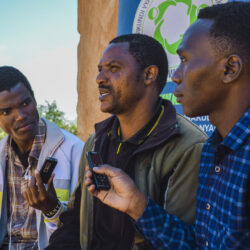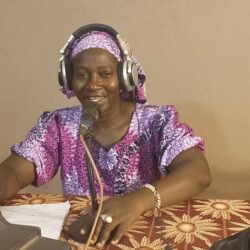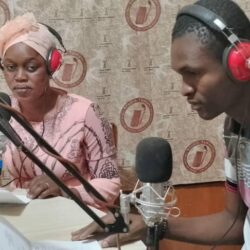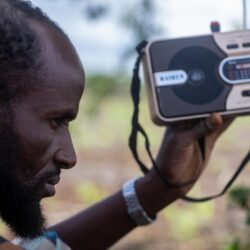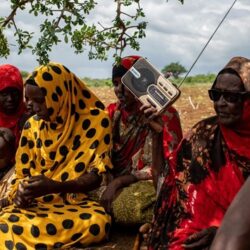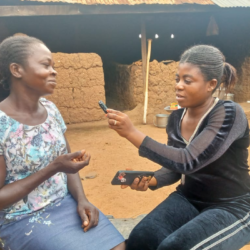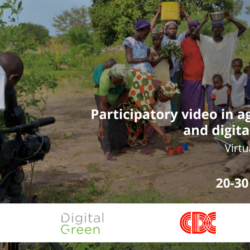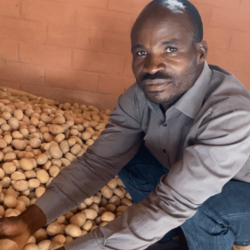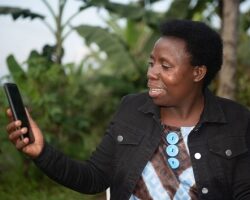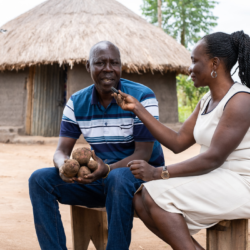Radio Programme: Learning from Experts and Peers- How Smallholder Garlic Farmers Manage Weeds and Pests in Tanzania
As part of the YenKasa Africa radio initiative, we are thrilled to introduce a new feature every Wednesday, highlighting a single radio program. This week, we delve into the vital topic of managing weeds and pests in Tanzania. Discover valuable insights and expert advice by reading our feature and then dive deeper by listening to the recorded program on the YenKasa Africa website in Swahili. Don’t miss this opportunity to

